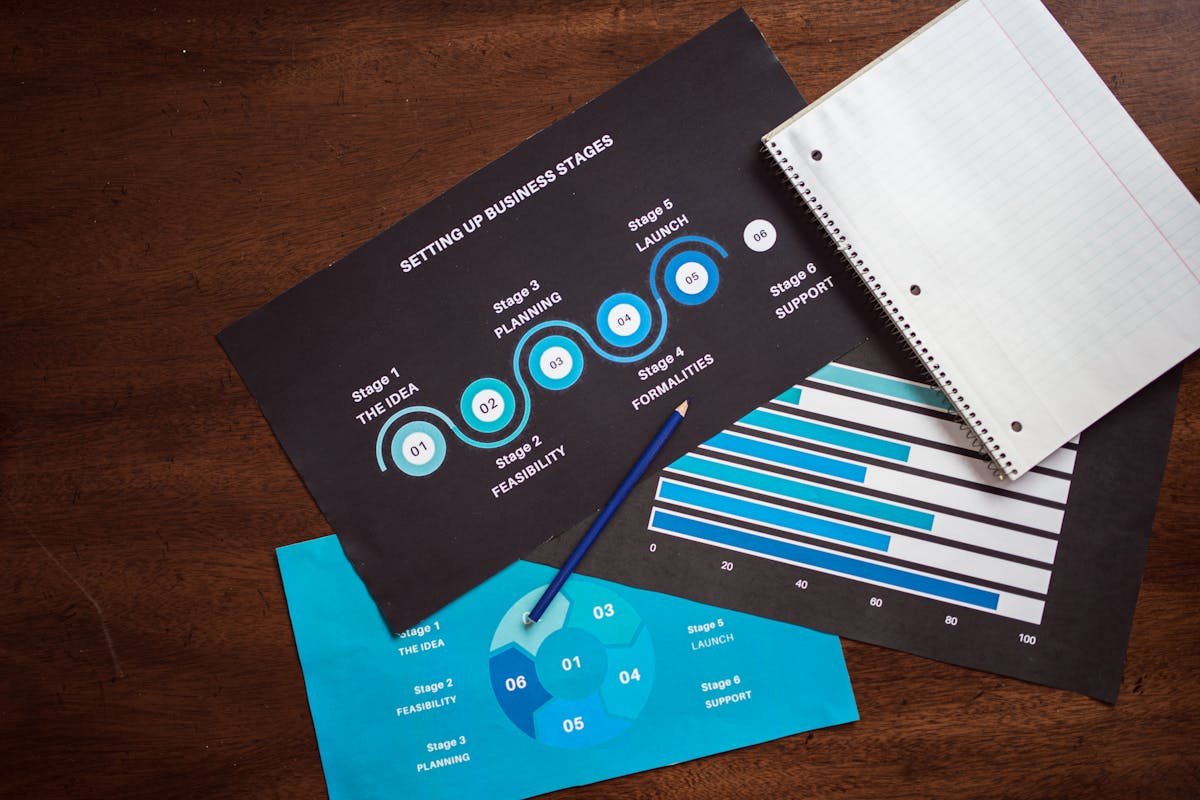How to achieve personal goals through good financial planning
Finance / Date: 03-27-2025

From a very young age, we tend to set personal goals. These range from getting the much-desired toy from childhood to financing the first apartment in adulthood. Regardless of the size of the goal, all of them require planning, often financial, to be achieved.
But what are goals?
Personal goals are plans that help us achieve our life goals. Objectives are usually related to our broader desires for the future, while targets are the results we hope to achieve from a set of actions.
For example, if someone's goal is to have a good retirement in the future, their goal should be to work on an action plan, such as: saving a percentage of their salary every month, finding alternative sources of income and cutting unnecessary expenses, or simply improving their financial health . The result of these actions will be a good retirement. To make it easier, keep in mind that a goal should:
- Be specific;
- Have a specific deadline;
- Have a method;
- Have clear performance evaluation metrics;
- Be achievable;
- Have clear steps that must be followed.
Why set personal goals?
Goals are meant to guide us throughout our lives and keep us motivated with small, medium and large victories. Furthermore, breaking a big goal into smaller goals makes it seem easier to achieve.
Staying focused on goals also eliminates distractions and reduces wasted time, as people tend to organize their resources and efforts based on their desired objectives.
The different types of goals
Ideally, we should have a main goal in life, as if it were the main goal that guides all the others. If your big goal is, for example, to have a beautiful family, have a successful business or live in the country of your dreams, all your smaller goals need to be aligned with the main goal.
In general, personal goals are usually divided into three categories according to the period of time between the start of the strategy and the achievement of the objective. Goals can be short-term, medium-term, and long-term.
Short-term goals: These are tasks that you want to complete in a short period of time, such as weeks or months , to achieve faster results. Some examples are: planning an end-of-year trip, reading a book a month for a year, buying a new sofa or organizing a birthday party.
Medium-term goals: These are goals that take one to three years to achieve. They generally involve more laborious processes. Common examples are: changing cars, renovating your house, starting to invest, writing a book, planning a wedding or starting to learn a new language.
Long-term goals: These are goals that usually take five or more years to complete. These goals generally require a high level of commitment and investment of time and resources. Examples include completing a doctorate, visiting all of Latin America, buying a house, and building a retirement fund.
How to set a goal?
A popular methodology for setting personal goals, taking into account the time they need to be achieved, is 5W2H. The method consists of answering seven questions that help you understand the main aspects of your action plan.
> What are we going to do?
> Who will do it?
> When are we going to do it?
> Where will it be done?
> Why will it be done?
> How to do it?
> How much will it cost?
The role of finances in achieving personal goals
In most cases, achieving a goal involves money. Even goals that are more closely linked to personal well-being, such as taking a sabbatical year, cannot escape financial issues. After all, if you want to spend 12 months without working, you will need to have a reserve that covers at least your basic needs.
One of the greatest allies in the process of adjusting finances to achieve personal goals is spreadsheets. The psychologist believes that when individuals are able to have greater control over their spending, they can see whether they are investing money in their personal goals or wasting it.
“You need a constant reminder of your goals. If you’re going to set aside $50 each month to buy a house, for example, write down the amount in the line labeled ‘Dream Home.’ Spreadsheets also help you see where your money is going,” she says.
There are several techniques to help keep your spending under control. Some people prefer to carry only cash to avoid spending. Others like to put everything on a card and analyze their monthly expenses in detail.
Main challenges to achieving personal goals
- Unnecessary purchases
One of the main financial villains that prevent people from achieving their personal goals is unnecessary purchases . To avoid unnecessary expenses, before making any purchase it is advisable to ask yourself the following questions:
I want?
I need?
I can?
Will it be missed?
If I don't have this, will I die?
If the answer to most of them is “no”, then it is an unnecessary purchase.
- Self-deception
Another attitude that often compromises people's budgets is the feeling of entitlement. “Everyone has said 'I deserve it' to buy something they don't need. Everyone who works deserves it, but you need to evaluate how far you can go.
- Immediacy
Most people have a great need to live in the present, seeking comfort and numbness. This type of consumer does not think about their goals, because achieving them requires patience.
“Today people are so anxious that they need to do something and get an immediate return. The more anxious I am, the more I need to achieve what I want and the more I get into debt,” says the psychologist.
To achieve goals, you need to have emotional balance
As we have seen throughout the article, the lack of emotional balance makes it difficult to achieve goals, as it takes our focus away from what really matters and opens the door to impulsive and short-sighted decisions, in addition to convincing us that we deserve something we do not need.
The main challenge for those who want to achieve their personal goals is to control their buying impulses and strictly follow their financial plans. That's why having financial health is so important. It's really about redefining your relationship with money and learning how to use it to your advantage.
Follow Us
Newsletter
Subscribe to our newsletter to stay updated with our latest news and offers.
We respect your privacy.Trending










